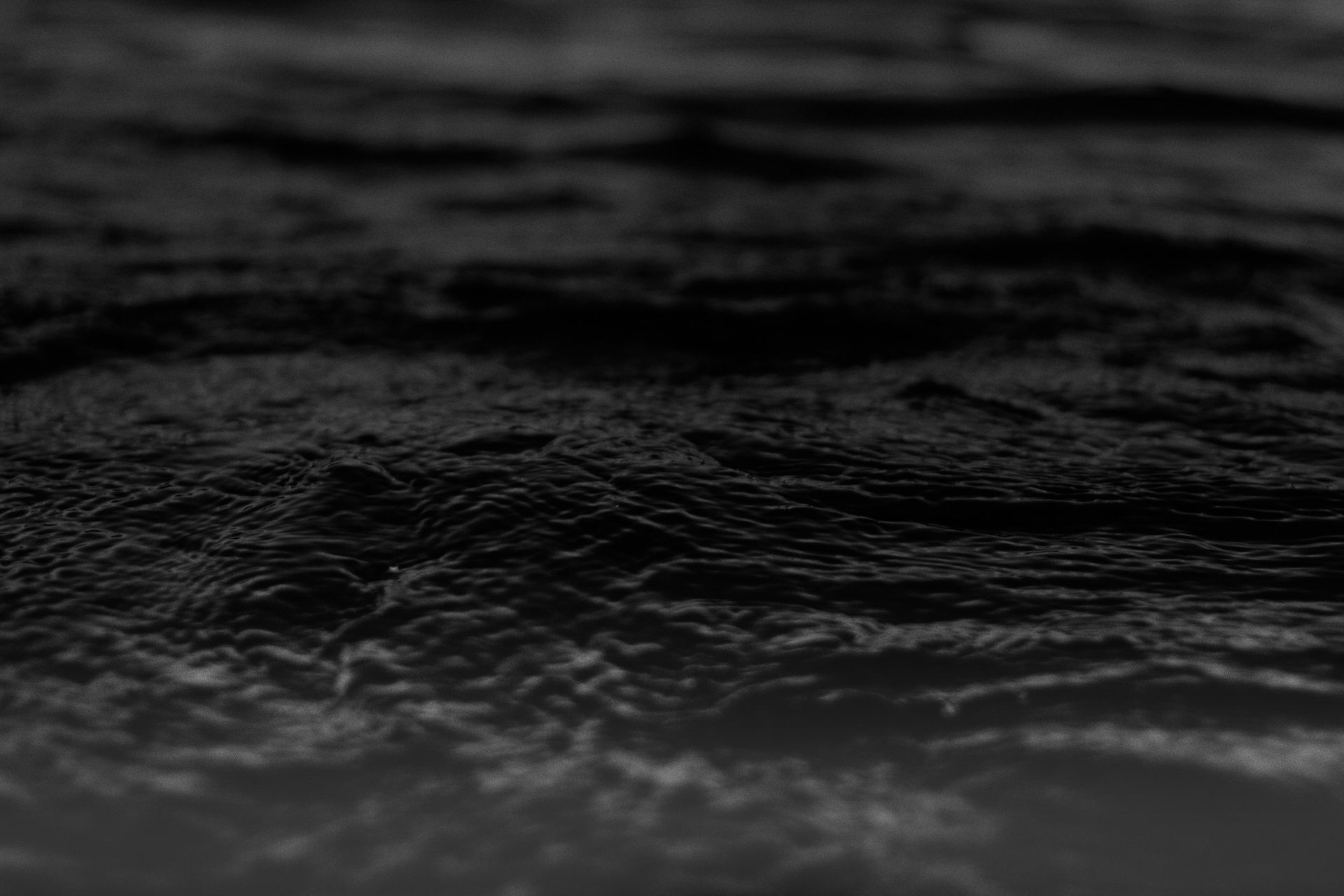
Safe travel in Senegal
Welcome to Senegal, it takes just an extra 90 minutes of flying beyond Morocco to get here from Europe. The West African nation is an easy living, non-violent and tolerant country where you can wear what you like and enjoy a cold beer.
Senegal is one of West Africa's most popular destinations. The capital Dakar is a vibrant, lively city with colorful markets and good nightclubs. Senegal is culturally rich, famous for its excellent musicians and story tellers. The new decade (2020) is a particularly exciting time to be visiting Senegal as the country is currently developing at impressive pace - a nation-wide high-speed rail network, the 2026 Youth Olympic Games and mass-entrepreneurism are just some of the things which are transforming the country into a socio-economic African leader. At the same time, Senegal is also host to wildlife and nature reserves, as well as micro-deserts and mangrove forests, for those looking to combine a safari-style excursion to their surf trip. See Useful Links for more information.
-
Area: Senegal covers an area of 196,190 sq
-
Population: Just under 17 million people live in Senegal.
-
Language: French (official), Wolof
-
Religion: Muslim 94%, indigenous beliefs 1%, Christian 5% (mostly Roman Catholic)
-
Climate: Senegal has a tropical climate and is generally hot and humid. There's a rainy season (July to October) with strong southeast winds. The dry season (November to June) is dominated by hot, dry, harmattan wind.
-
Currency: CFA Franc and you can change Euro everywhere at a fixed rate – ATM cash machines available all over the country
-
Visa: Since the 1. of May 2015, European citizens do not need to obtain a visa for traveling to Senegal. You will just get a stamp in your passport upon arrival. For other nationalities, please confirm with your respective embassies on the necessary visa requirements.
-
Malaria prophylaxis recommended if you travel inland or in the south of Senegal.
-
Yellow fever vaccine recommended, but not compulsory.
